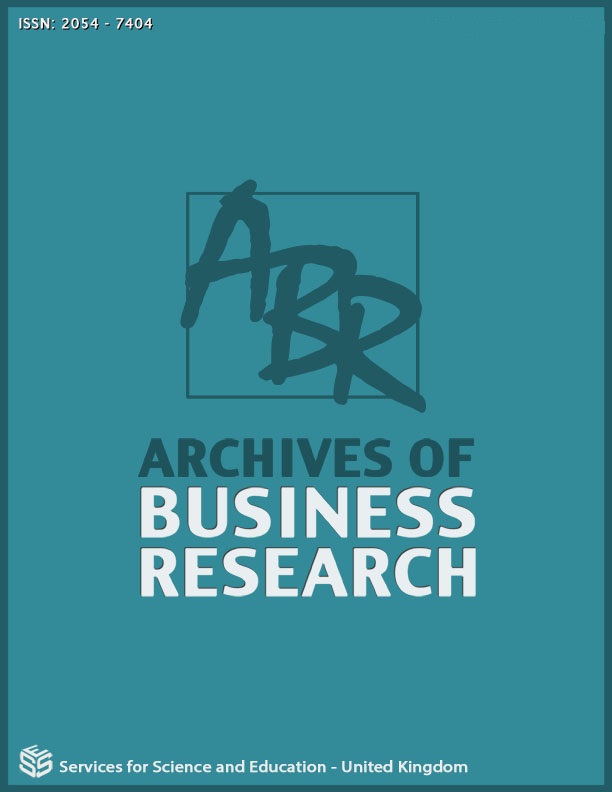Does Higher Wages Prevent Workers from Transferring to Other Organizations?
DOI:
https://doi.org/10.14738/abr.1301.18144Keywords:
wage increases, productivity, headhunting, theoretical model, optimal wageAbstract
The idea that raising wages does not always lead to higher labor productivity has been explored in various works, with pioneering work being Solow (1957), which highlights the importance of technological progress. This was followed by Shapiro and Stiglitz (1984), which demonstrate that excessively high wages can make workers complacent or less motivated, and Blanchard and Summers (1986), which reveal that even with higher wages, productivity does not improve, among others. This paper takes a different approach by developing a theoretical model to explore the possibility of headhunting. Specifically, the model we propose involves external organizations that attempt to recruit workers from the organization in question. We examine scenarios in which wage increases prompt employees to leave for other organizations.
Downloads
Published
How to Cite
Issue
Section
License
Copyright (c) 2025 Yasunori Fujita, Chihiro Kaji

This work is licensed under a Creative Commons Attribution 4.0 International License.






